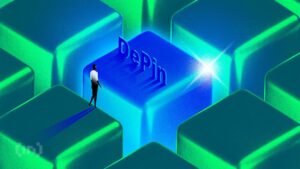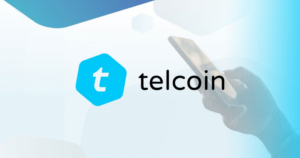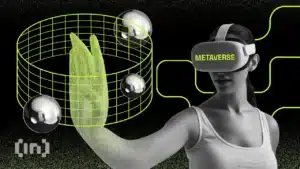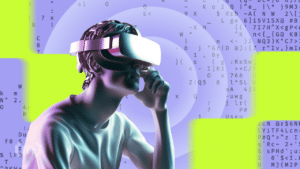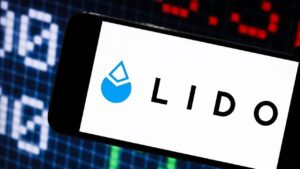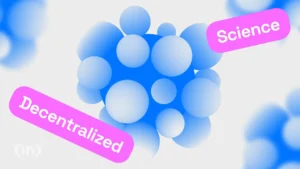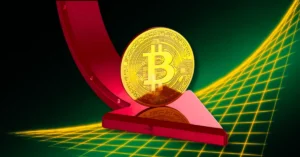Blockchain Meets Science: The Rise of DeSci
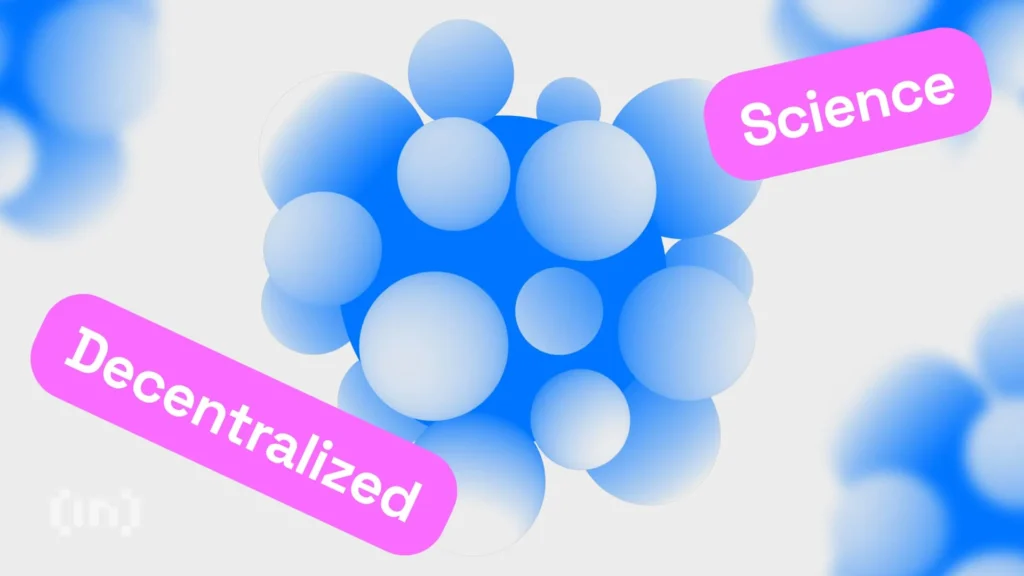
The intersection of science and blockchain technology is changing the way research is funded, conducted and shared. Known as decentralized science (DeSci), this emerging movement aims to solve some of the most prevalent problems in traditional research systems – limited funding, limited access and transparency – using decentralized networks and token-based economies.
In this article, we will examine what DeSci is and highlight some of the most popular projects that are leading the charge.
What is DeSci?
DeSci is a movement applying blockchain principles to change the landscape of scientific research. By creating decentralized platforms, DeSci enables open access to data, transparent funding mechanisms and global collaboration between scientists, investors and enthusiasts.
At its core, DeSci requires:
Democratize funding: Allow researchers to access funding directly from the international community instead of relying on slow, bureaucratic grant systems. Foster collaboration: Break down institutional silos and foster open source partnerships across disciplines and geographies. Ensure transparency: Use blockchain to record immutable research results, patient recruitment consent and other critical records to ensure integrity and trust.
Unlike traditional systems that often suffer from inefficiencies, decentralized science empowers individuals—patients, donors, or researchers—to actively shape the direction of scientific discovery.
Key players in the DeSci ecosystem
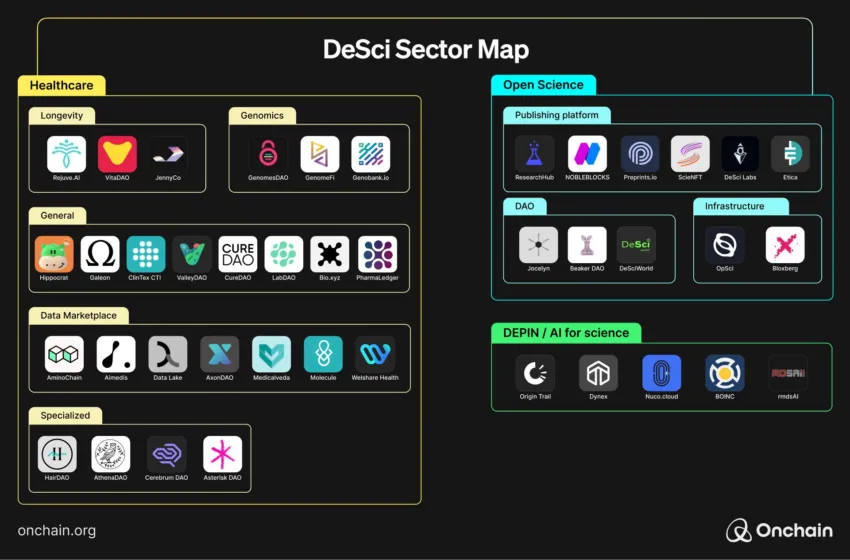
DeSci has attracted a growing number of innovators who are building decentralized platforms to solve specific research challenges. Here are some of the most popular projects:
Vitadao
VitaDAO is a decentralized consortium focused on advancing human longevity research. Members pool resources to support important research in the science of aging and longevity and jointly manage which projects receive support. Indeed, this DAO structure democratizes decision-making, ensuring that research is aligned with the needs of the community.
Molecule
Molecule connects researchers with decentralized funding through a marketplace where intellectual property (IP) can be tokenized. This system allows researchers to receive funding in advance so that investors can play a part in the success of the projects.
Data lake
A data lake is notable for its focus on healthcare and medical research. Using the data lake chain, the platform allows patients to securely donate their medical data for research purposes through a transparent blockchain-based consent system. In addition, the native LAKE, will act as a gas token, access token and reward token, ensuring alignment between all stakeholders.
ResearchHub
Often called the “GitHub for science,” ResearchHub encourages researchers to share their work and collaborate through a token economy. Contributors earn ResearchCoin (RSC) for their efforts, a decentralized, user-driven ecosystem for scientific knowledge exchange.
BiohackerDAO
BiohackerDAO is a community-driven organization supporting biohacking and citizen science initiatives. Open access promotes research and allows individuals to contribute to and benefit from the discoveries of DIY biology and genetics research.
DeSci World
DeSci World serves as a hub for the wider DeSci community, providing a directory of resources, events and active projects. It serves as a gateway for newcomers and experienced participants to engage with the movement.
Why DeSci matters
Traditional scientific systems are often lacking in addressing modern research challenges:
Limited funding: Researchers depend on grants that are difficult to secure and often come with strict requirements. Paywalls: Access to published scientific findings is limited, creating barriers for researchers and the public. Lack of transparency: Issues of data manipulation and closed-door decision-making undermine trust in research results.
DeSci provides solutions to these problems by developing:
Open Access: Making research freely available to all, breaking down institutional barriers. Global collaboration: Connecting researchers, patients and funders around the world. Immutable records: Using blockchain to ensure data integrity and accountability.
The way forward
While decentralized science is still in its infancy, its potential is immense. Led by projects like VitaDAO, Data Lake and Molecule, we are witnessing the start of a decentralized research revolution.
By democratizing science, DeSci accelerates innovation. It also ensures that the benefits of research are shared more equitably.
As more blockchain technology is used in research, the boundaries between science and the public will blur. Ultimately, it creates a future where everyone contributes and benefits humanity.
Disclaimer
In compliance with Trust Project guidelines, this opinion piece presents the views of the author and may not necessarily reflect the views of BeInCrypto. BeInCrypto is committed to transparent reporting and maintaining the highest journalistic standards. Readers are advised to independently verify information and consult with professionals before making decisions based on this content. Please note that our terms and conditions, privacy policies and disclaimers have been updated.




